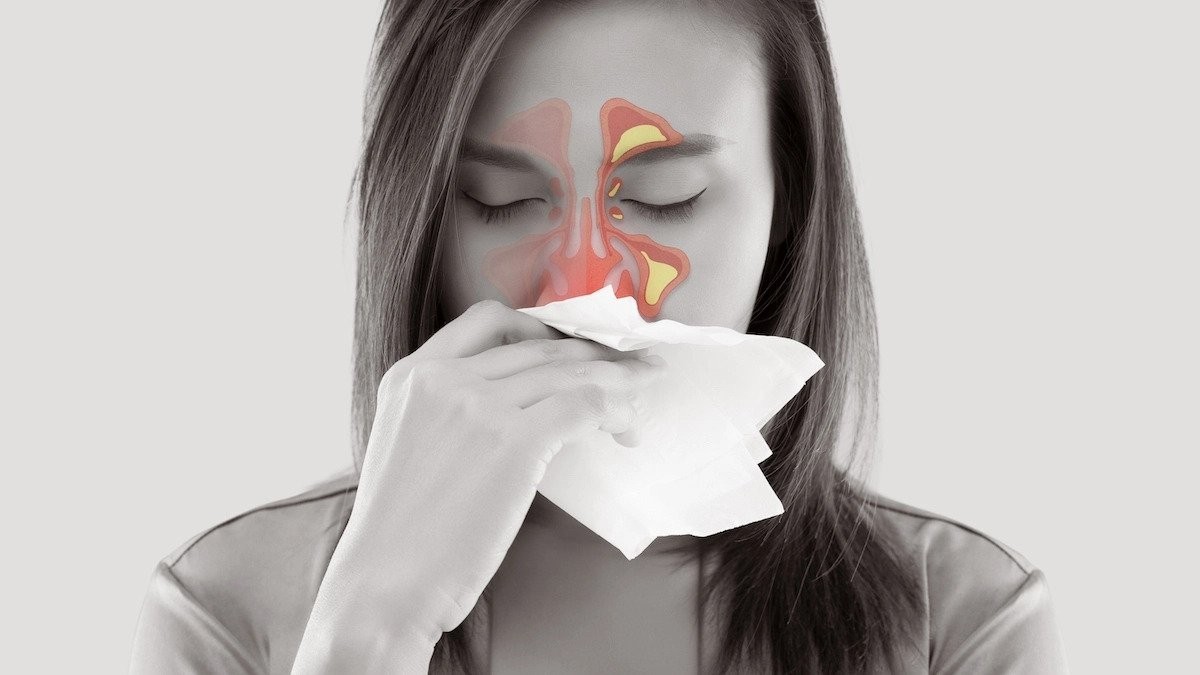
Fall can be prime time of year for sinus suffering
UC expert offers insight on local news about how to ease misery
The fall season can be a prime time of year for sinus suffering, but Ahmad Sedaghat, MD, PhD, FACS, said it doesn't have to be that way.
Sedaghat is a professor of otolaryngology in the UC College of Medicine. He is also director of the division of rhinology, allergy and anterior skull base surgery. He is an internationally recognized expert on chronic rhinosinusitis and allergies.
Sedaghat recently appeared on WXIX-TV/Fox 19 NOW News at 9 a.m. to explain why this time of year can trigger symptoms for so many people and discuss ways to relieve suffering.
He explained that the Ohio River Valley has high levels of ragweed, which release pollen during the early fall. That can trigger symptoms.
"The no. 1 factor related to causing allergy symptoms is exposure to the allergens. So, the more that we can do to avoid exposure, the better off we're going to be," said Sedaghat.
He also said if symptoms don't improve with standard, over-the-counter medications, then a person should see a doctor.
Click here to watch the entire interview involving Sedaghat.
Featured image at top: Illustration of woman with inflamed sinuses blowing her nose. Image/Provided.
Related Stories
WVXU: UC study tests tongue exercises to improve swallowing function after stroke
January 11, 2024
WVXU highlighted a new trial at the University of Cincinnati that will test an at-home tongue endurance exercise to improve patients’ swallowing function after a stroke.
Allergy season is getting longer because of climate change
March 6, 2025
Allergy season is starting earlier — and lasting longer — as climate change heats up cities across the U.S. While the spring allergy season usually starts in March, more warm weather earlier in the year means people might begin experiencing symptoms in February, or even January, said Ahmad Sedaghat, MD, PhD, professor and director of the Division of Rhinology, Allergy and Anterior Skull Base Surgery in the Department of Otolaryngology at the University of Cincinnati College of Medicine.
The scientific reason songs get stuck in your head
June 21, 2024
The University of Cincinnati's Steven Gordon was featured in a Prevention article discussing the science behind earworms, when a song gets stuck in your head and you can't get it out.
